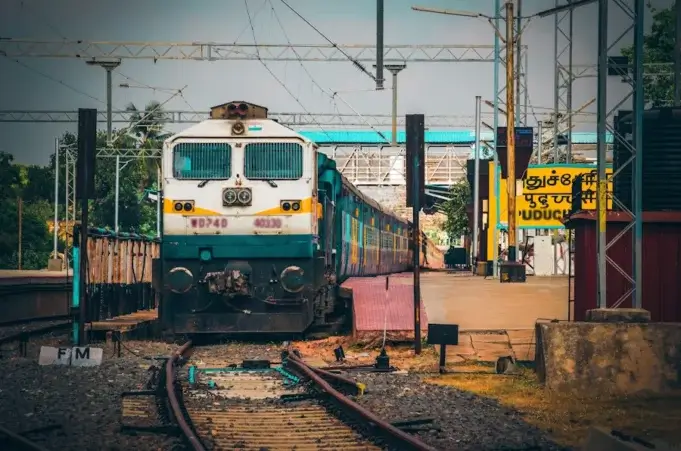The Indian Railways is embarking on six-year investment plans, committing Rs one lakh crore to fully modernise its signalling system. This strategic initiative aims to prevent human error and system failure, particularly the type that tragically contributed to the Balasore rail accident in June 2023. The program aims to replace the current electro-mechanical system with advanced solid-state electronic route relay devices and signals.
This revolutionary shift to a full-fledged electronic system was triggered by the railway safety commissioner’s report, which pinned the fatal three-train crash in Odisha’s Balasore to signalling errors. Currently, the railway ministry is finalising a list of suppliers to provide the necessary equipment for this ambitious transformation. The new system will reduce maintenance requirements and eliminate the possibility of tampering.
Kyosan, a leading signal system manufacturer from Japan, is already on the approved vendors list, and it’s likely that the first batch of orders will be placed with them. However, the enormity of the task calls for more suppliers to be roped in. Tenders for this massive overhaul will be floated once more vendors are approved, with the actual work slated to commence in the coming months.
An official from the railway ministry detailed the forthcoming changes: “We are moving from the current electro-mechanical route relay system to a pure electronic system. We will replace the entire system with chip-based controls, effectively eliminating the potential for tampering and human intervention.”
India’s rail network features between 700,000 and 800,000 signalling points, which means the revamp may take longer than the estimated six years, especially considering the railway’s expansion plans. Introducing the new system will require multiple checks and the development of new standard operating procedures to ensure safe, seamless train movement.
Although the current system is robust and widely used globally, the proposed improvements will further reduce the need for frequent wiring alterations in the switches on route relay panels. These panels control the electronic interlocking and track points, integral parts of the signalling network.
With a record budgetary capital outlay of Rs 2.40 lakh crore for FY24, the Indian Railways is anticipating additional funds to support various safety and security initiatives.











